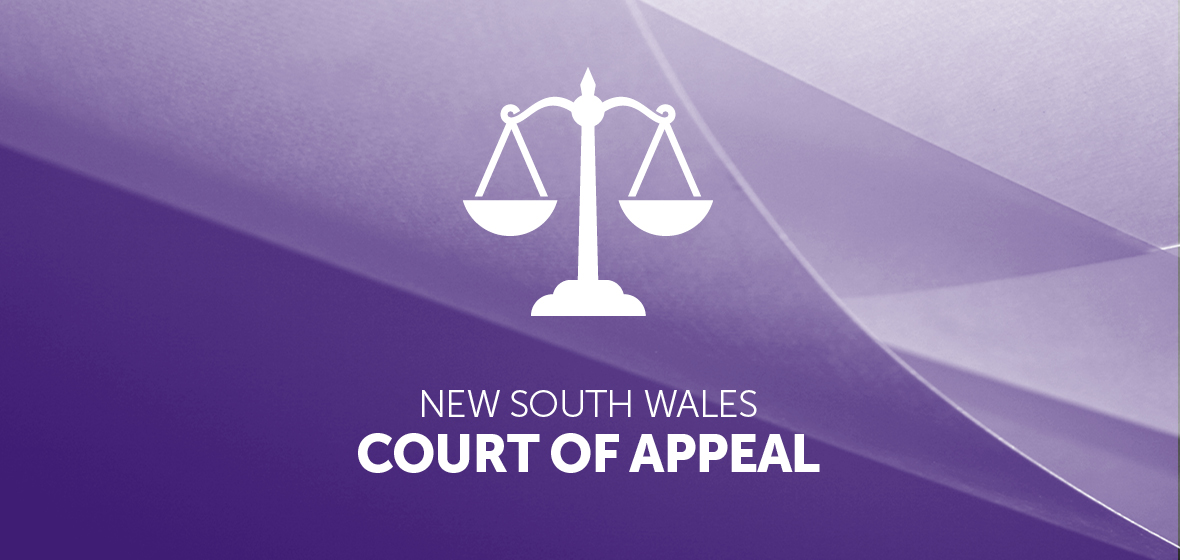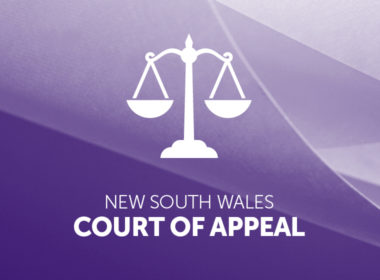Key decisions
- Secretary of the Department of Planning, Industry and Environment v Blacktown City Council [2021] NSWCA 145
- Belflora Pty Ltd v Vinflora Pty Ltd [2021] NSWCA 178
CIVIL PROCEDURE
Subpoenas – application to set aside – legitimate forensic purpose – test for determining the validity of a subpoena issued in civil proceedings
The Court of Appeal (Bell P, Brereton JA, McCallum JA) clarified an important issue of principle in relation to the circumstances in which subpoenas issued in civil proceedings may be set aside for lacking a legitimate forensic purpose.
Background: The Blacktown City Council (‘Council’) issued a subpoena to the Secretary of the Department of Planning, Industry and Environment (‘Secretary’) in connection with proceedings in the Land and Environment Court (‘LEC’). The primary judge (Pepper J) dismissed the Secretary’s motion to set aside the subpoena.
On appeal, the Secretary contended that the primary judge failed to correctly apply ICAP Australia Pty Ltd v BGC Partners (Australia) Pty Ltd [2009] NSWCA 307 (‘ICAP’), which (the Secretary argued) required that a subpoena should be set aside where the documents sought were not likely to materially assist the case of the party which issued the subpoena.
No ‘test’ for setting aside subpoenas: On appeal, the Court eschewed any attempt to identify a specific or definitive ‘test’ for setting aside a subpoena. Rather, the Court held that subpoenas are to be set aside when they involve or amount to an abuse of process (per Bell P at [60], Brereton JA at [88], McCallum JA at [98]). Various circumstances in which a subpoena might be set aside are identified by Bell P (at [45]-[46]).
Legitimate forensic purpose: A subpoena that is not issued for a ‘legitimate forensic purpose’ will self-evidently be an abuse of process (Brereton JA at [88]).
The key issue on appeal was whether, for there to be a legitimate forensic purpose, it is necessary that the documents sought will materially assist the case of the issuing party, or whether it suffices that the documents are apparently relevant or will materially assist on an identified issue.
The Court held that a party issuing a subpoena will not necessarily lack a legitimate forensic purpose where it is unable to establish that the documents sought will assist or be likely to assist its case. Bell P said (at [80]): ‘[A]n inability to demonstrate that it is “on the cards” that the documents sought will materially assist the subpoenaing party’s case will not automatically require either that the subpoena be set aside or that access to the documents produced be refused. It will generally be sufficient and prima facie evidence of a legitimate forensic purpose if the documents sought to be produced on subpoena have an apparent relevance to the issues in the case and or bear upon the cross examination of witnesses expected to be called in the proceedings.’
Similarly, Brereton JA said (at [89]): ‘[A]t least in civil proceedings and in the absence of any question of public interest immunity, no more is required to support the issue of a subpoena for production than that there is a reasonable basis for supposing that the material called for will likely add, in the end, in some way or another, to the relevant evidence in the case’ (Citations omitted).
The apparent relevance of the documents is to be ascertained by an examination of the description or identification of the documents sought, in light of the issues in the case as they present themselves on the pleadings, particulars and/or affidavits or witness statements (per Bell P at [68]).
Status and precedential value of ICAP: The primary judge considered the LEC bound by ICAP but did not read the decision as requiring that documents sought must materially assist the subpoenaing party’s case. On appeal, a majority of the Court (Brereton and McCallum JJA) were not persuaded that the primary judge erred in her Honour’s interpretation of the decision (per Brereton JA at [86], [93]-[95], McCallum JA at [99]-[100]; cf. Bell P at [21], [30]).
All members of the Court held that ICAP does not provide authoritative guidance, and was not binding on the LEC, because it was simply a refusal of an application for leave to appeal (see Bell P at [23]-[31], Brereton JA at [92], McCallum JA at [99]).
Significance: This decision clarifies an important issue of principle – namely, that subpoenas issued in civil proceedings will not necessarily be set aside for lacking legitimate forensic purpose where the documents sought are apparently relevant (including for cross-examination) but where it is not known whether they will assist the issuing party’s case. However, as Bell P observed (at [64]), it may be more difficult to establish the legitimacy of the forensic purpose in such circumstances.
Therefore, it is not necessary for a subpoenaing party to know ex ante whether the material sought will, or is likely to, assist it in the proceedings. The Court considered that to insist on such a requirement would be to require an issuing party to be able to predict the contents of documents and unduly constrain the ability of litigants to investigate the facts (see Bell P at [57], Brereton JA at [90]).


